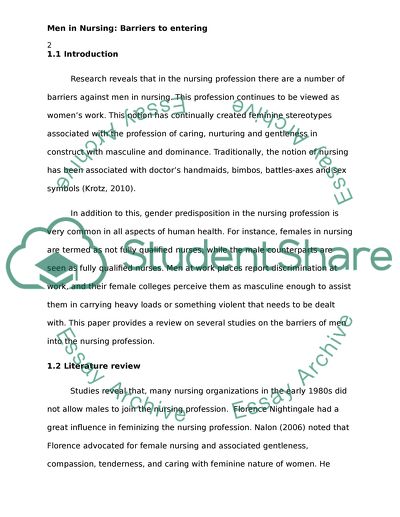Cite this document
(“Men in Nursing: Barriers to entering Research Paper”, n.d.)
Retrieved from https://studentshare.org/nursing/1393759-men-in-nursing-barriers-to-entering
Retrieved from https://studentshare.org/nursing/1393759-men-in-nursing-barriers-to-entering
(Men in Nursing: Barriers to Entering Research Paper)
https://studentshare.org/nursing/1393759-men-in-nursing-barriers-to-entering.
https://studentshare.org/nursing/1393759-men-in-nursing-barriers-to-entering.
“Men in Nursing: Barriers to Entering Research Paper”, n.d. https://studentshare.org/nursing/1393759-men-in-nursing-barriers-to-entering.


